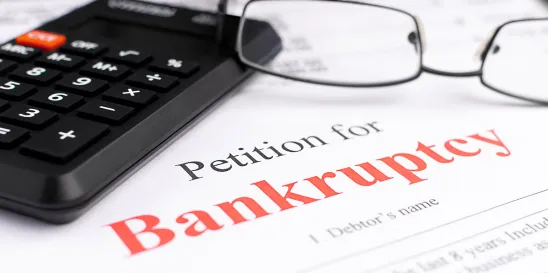As reported by both NBC News and The Wall Street Journal, Rite Aid is preparing for a Chapter 11 bankruptcy filing. Rite Aid is the third-largest U.S. drugstore chain. If they pull the trigger, it is expected that 400 to 500 stores of their 2,100 stores will close, and the remaining will be sold or returned to the landlord.
If you are a landlord or trade creditor of Rite Aid, it is important to know your rights, now. Here are four (4) things to think about:
- Get Your Accounting in Order. When a debtor files for bankruptcy, it is essential to ensure that your accounting is in order. Some trade creditors have the ability to reclaim certain inventory and items within a very short amount of time. Additionally, some landlords can assert stub rent for amounts owed between the time of the filing and when rent is due. Bottom line for either of these calculations, it is imperative that as a creditor you review your accounting and get it in order.
- Review Your Contract. If a debtor decides to continue trade services or rent the location, you may be able to assert attorneys’ fees and costs, as well as the arrears. Being able to assert those amounts depends on whether your contract provides for those fees. Review your contract so you don’t leave money on the table.
- Does the Debtor Want to Continue Business. Some trade creditors and landlords may be contacted by the debtor to continue business. The debtor may seek to change terms of its contract. It is important for you to know your rights and what you can assert.
- Speak with Counsel. The bankruptcy process can the daunting if you have not participated in a Chapter 11 filing before. The number of notices and pleadings can be overwhelming. However, competent bankruptcy counsel to help guide you through these efforts.




 />i
/>i

